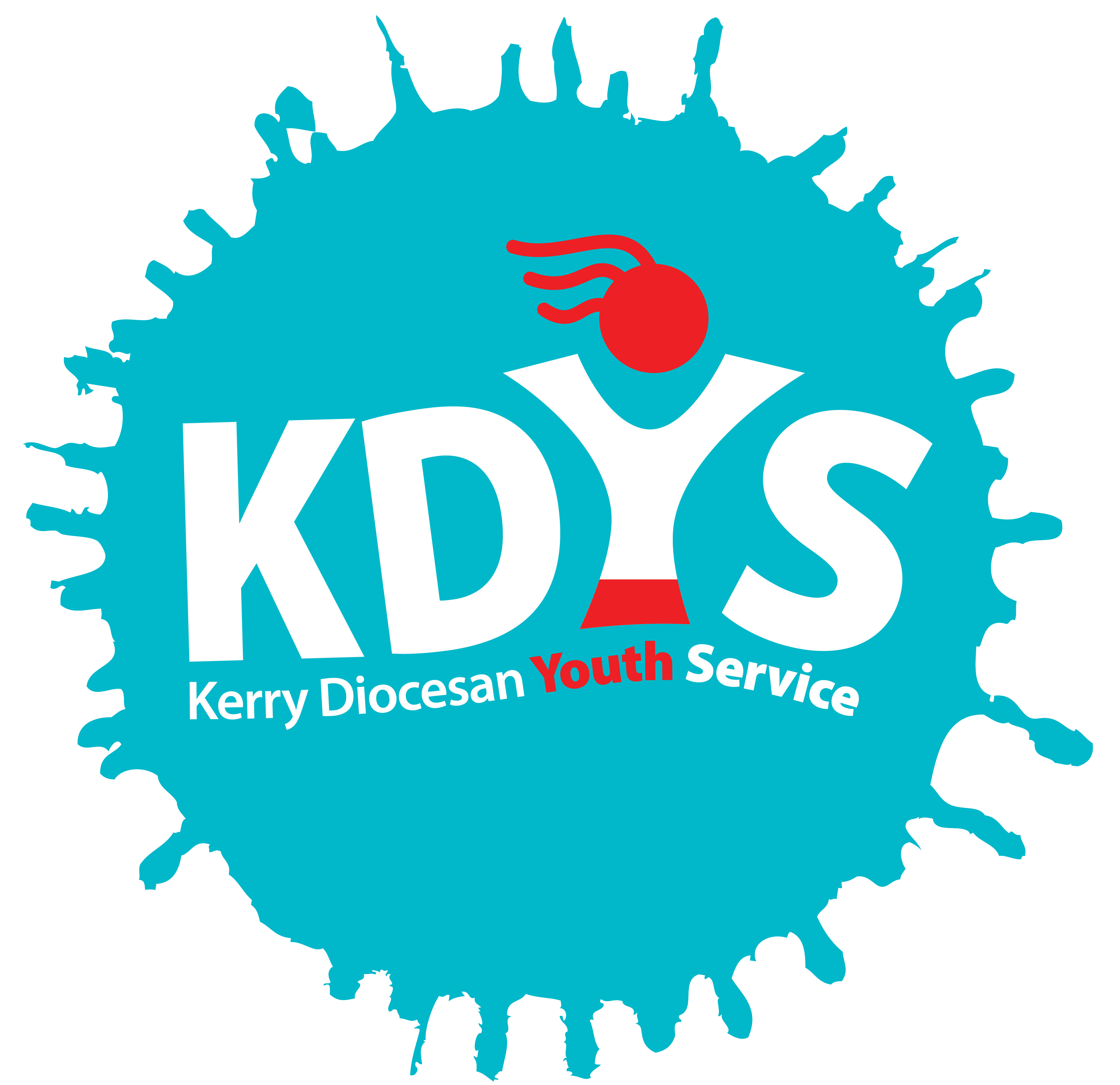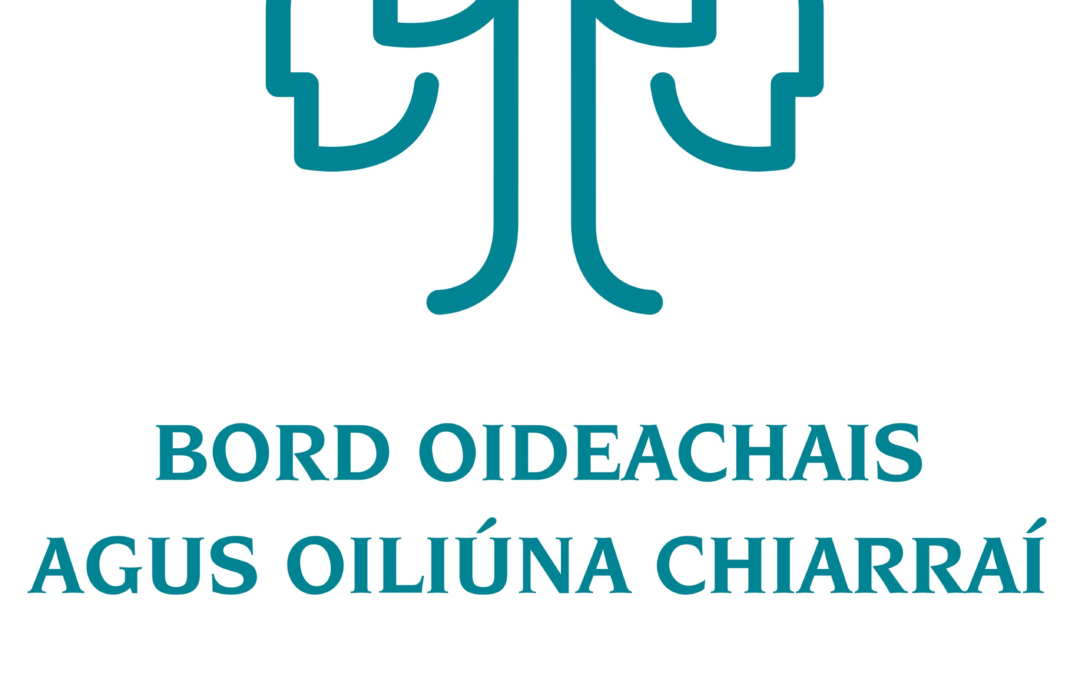
Transitioning Out of Home – Accommodation
Types of Accommodation You Can Choose from Include:
- Living on campus at your university or College- Many colleges give their students, particularly first-year students, the option to live on campus. On-campus residences allow you to easily access classrooms, academic resources, dining halls, faculty offices, and many other facilities and amenities. Living on campus can give you more opportunities to socialize with your peers.
- Shared off living campus – this is finding a place to rent with people you may or may not know. This option might be more cost effective than living on campus and easier to find. Normally these leases last for the 9 months of the academic year.
- Independent rented room or apartment- Being one of the most common types of student accommodation in Ireland. Deposits will be collected by the Landlord or Letting Agent and rent, in most cases, is paid monthly, read your lease agreement carefully. The landlord issues a lease agreement for a period of 9 or 12 months. The deposit will not be refunded if you choose to leave before the agreement expires and if any damage is caused to the apartment.
- Staying with a host family (Digs)- homeowners decide to open their homes to students and act as their landlord. Students have their own independence but still have the home comforts as well as are under the constraint to follow some rules. An excellent method to find a host family is on https://www.digs.ie/
For further information see: www.threshold.ie
What do you Need to Have Prepared to Get Accommodation:
- Keeping an eye of your campus/provider of choice webpage and socials. Some accommodation is opened as early as February each year.
- Deposit will be required so having the money saved in advance can speed up the process of finding a place to live and not be under extra time restraints.
- You may need a Parent/Guardian Guarantor. A guarantor is generally your parent or guardian (although it can be someone else). Your guarantor undertakes to repay the loan if you, for whatever reason, are unable to repay.
- If you are with a private landlord making sure they are registered with the Residential Tenancies Board (RTB) might be beneficial. Landlords must register residential tenancies with the (RTB) every year and update the RTB if information about a tenancy changes. The RTB uses this information to keep a public register of tenancies. The register shows the address of the property and the number of bedrooms.
- Keeping copies of agreements (signed). You should be given a copy of your lease, and you should photocopy.
- Keep note of your new address and share this information with your friends and family.
Living on Your Own for the First Time:
It is normal to be used to living with parents /siblings/extended family in a shared living space. However, living with friends or strangers might take some getting used to. The responsibility has shifted to you now for waking up, feeding yourself and maintaining a clean shared space.
Preparation of your food/snacks- an excellent way to save money and time is food preparation.
Timetable/Books/Assignments – college timetables differ slightly in terms of ‘free periods’ this might be a section of the day you don’t have class. This is a great opportunity to get any work assignments started. Utilising your time the best way possible.
Some simple tips of thriving living alone:
- Maintain and develop a list of specific things to be done each day.
- Prioritize that list and complete the most urgent tasks at the start of day.
- Set incremental deadlines for longer-term projects.
- Work in 45 minutes to 1.5-hour chunks then take a break to avoid the exhaustion that comes from overexertion.
- Concentrate on one task at a time.
Learning to Live With Other People:
Set boundaries- Whether you know the person you are living with or not, it is always smart to establish the ground rules from the start. You may think this is silly or that you don’t need rules; that is until you realise you should have had rules. Don’t wait until your roommate borrows your clothes without asking to decide you don’t want him or her touching your stuff. The best thing you can do when living with someone new is to sit down the first day and discuss the living situation and the rules of the room. And these rules should be mutual.
Cleaning – create a cleaning schedule, so everyone can pull their weight equally. Work out what needs to be done and then divide it up evenly and fairly. Buy the cleaning products you’ll need and split the costs between you equally.
Managing Shared Spaces- for example the laundry, will you take it home weekends or produce group agreement as to when people can do their laundry and dry it etc.
Have R.E.S.P.E.C.T what socialising at the house in terms of noise and the spaces you’re using. making sure everyone in the house is comfortable.
https://www.go.study/study-in-ireland information for students coming to study in Ireland
https://www.citizensinformation.ie/en/moving-country/visas-for-ireland/student-visas/







